Dhaka, July 29 (V7N)– Bangladesh is committed to establishing an equitable, resilient, and nutrition-sensitive food system, addressing existing challenges while aligning with global commitments. This was the key message from Food Adviser Ali Imam Majumdar during his address as a panel discussant on the sideline of the UN Food System (UNFSS+4) Summit in Addis Ababa.
Majumdar described Bangladesh's journey towards transforming its food system as ambitious and commendable, citing achievements ranging from attaining self-sufficiency in food production to introducing an integrated nutrition-sensitive policy framework. However, he acknowledged that significant challenges persist, particularly the issue of farmers receiving insufficient profit from their produce.
With only five years remaining to achieve the 2030 Sustainable Development Goals (SDGs), the Food Adviser stressed that "the need for food system transformation is greater than ever." He emphasized Bangladesh's readiness to collaborate with South Asian and other Asian countries to share knowledge, tools, and best practices.
"Our 3FS (food, fibre and fuel) initiative can be a regional model for all," Majumdar stated, suggesting that Bangladesh's approach could offer valuable lessons for other nations. While the press release does not elaborate on the specific details of the "3FS" initiative, it generally refers to an integrated approach to sustainable development that considers the interconnectedness of food security, sustainable fiber production (e.g., textiles, natural materials), and renewable energy (fuel).
He concluded by reiterating Bangladesh's strong commitment to this agenda: "Transforming the food system is not just about what we grow, but how it nourishes our people, protects our planet and empowers our producers. Bangladesh is fully committed to taking this agenda forward."
The Second UN Food Systems Summit Stocktake (UNFSS+4), co-hosted by Ethiopia and Italy from July 27-29, 2025, aims to accelerate sustainable, inclusive, and resilient food systems transformation. It builds on the 2021 UN Food Systems Summit and the first Stocktaking Moment in 2023, focusing on documenting progress, strengthening accountability, and unlocking investments to achieve the Sustainable Development Goals. For Bangladesh, persistent challenges include high food inflation, the impacts of climate change on agriculture, and economic vulnerabilities, as highlighted in recent food security analyses.




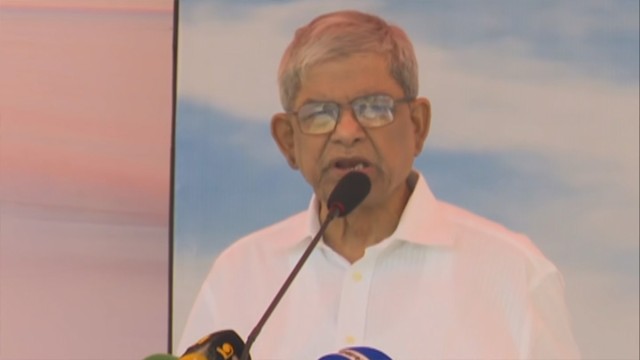

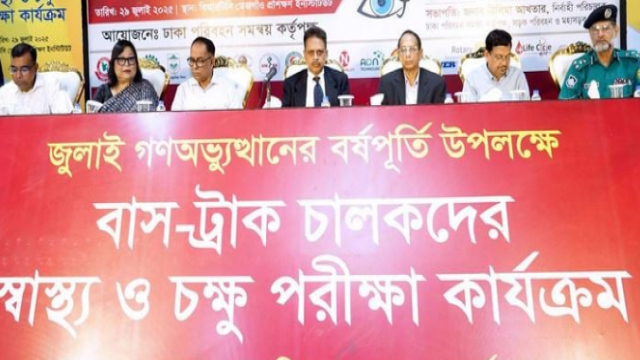
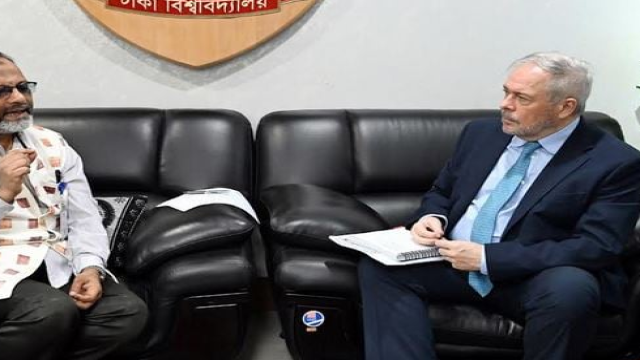
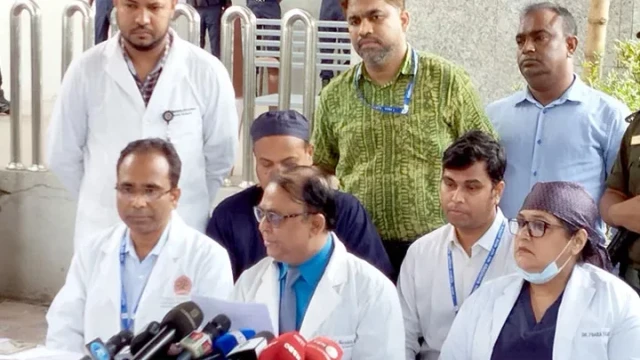
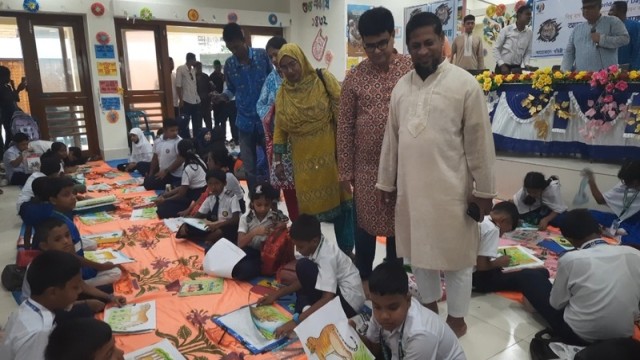
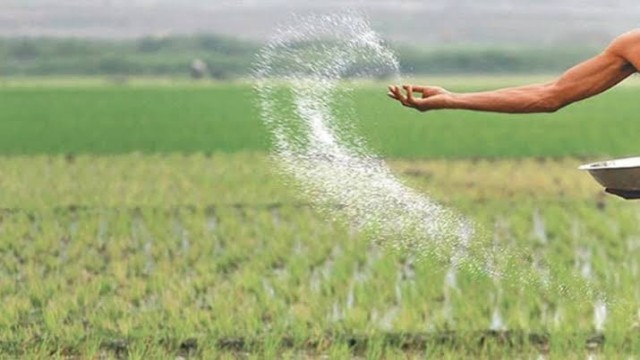
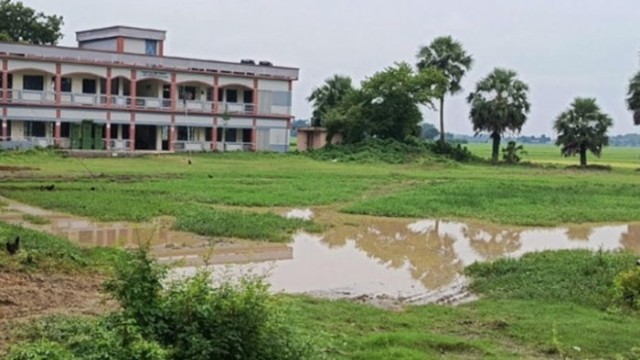
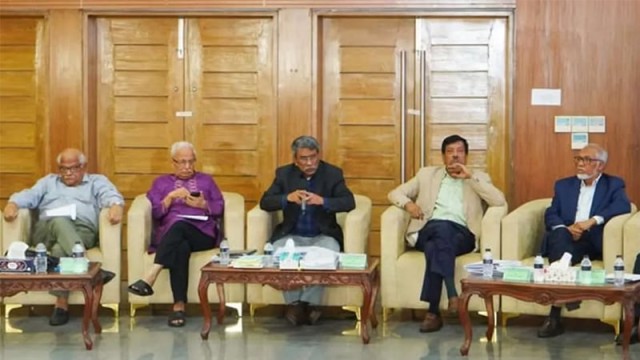





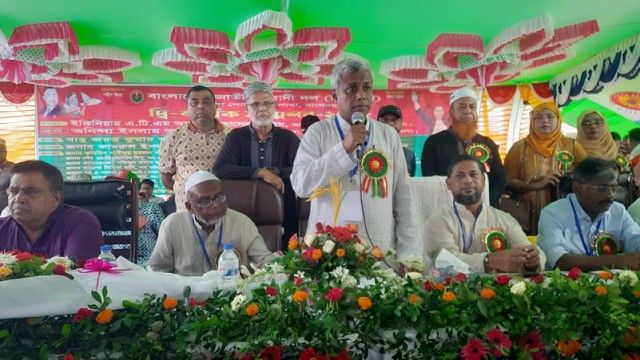



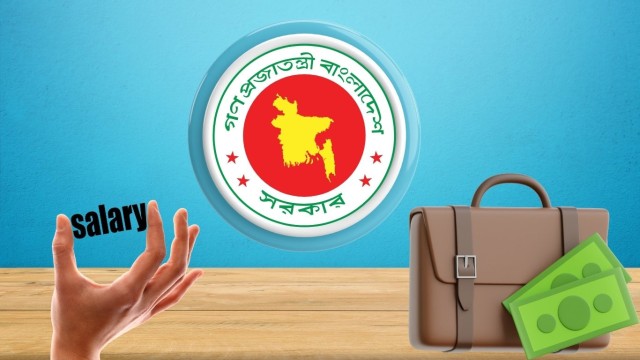
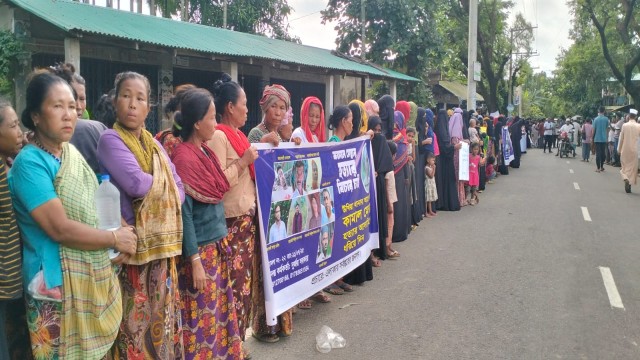
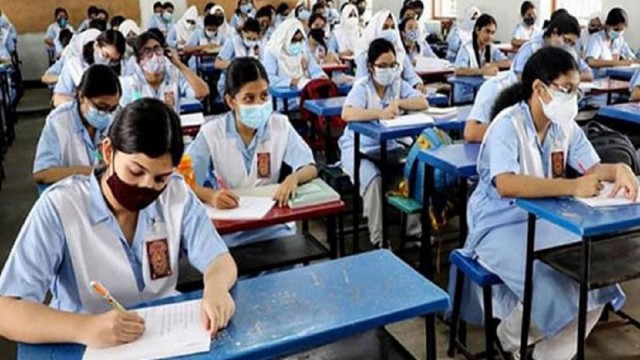

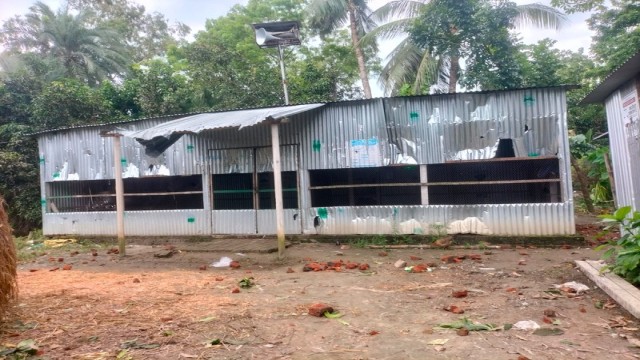
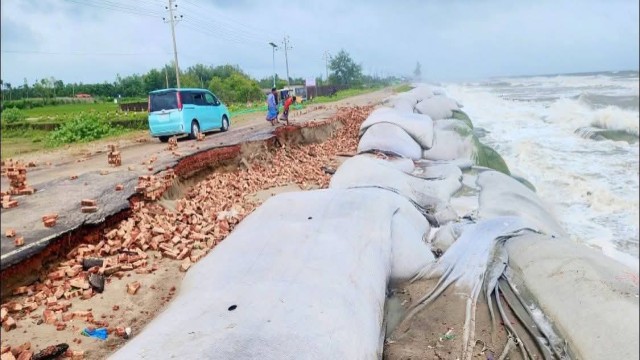
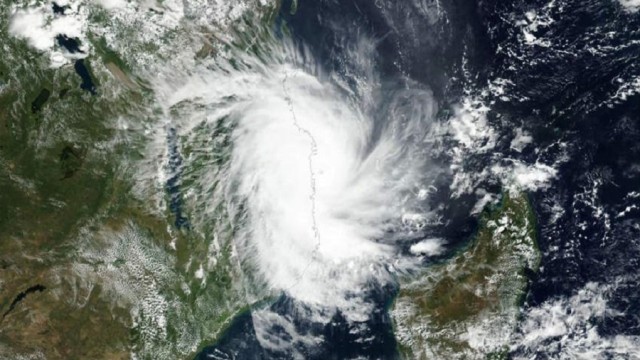
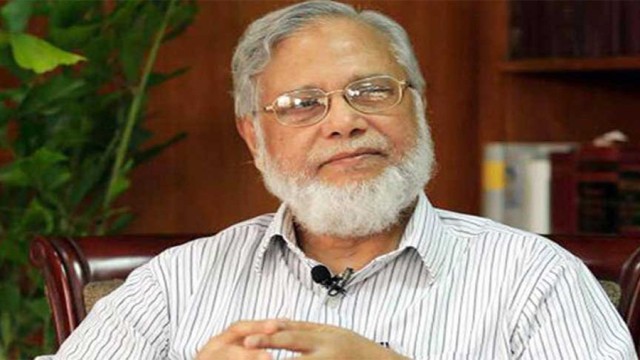
Comment: